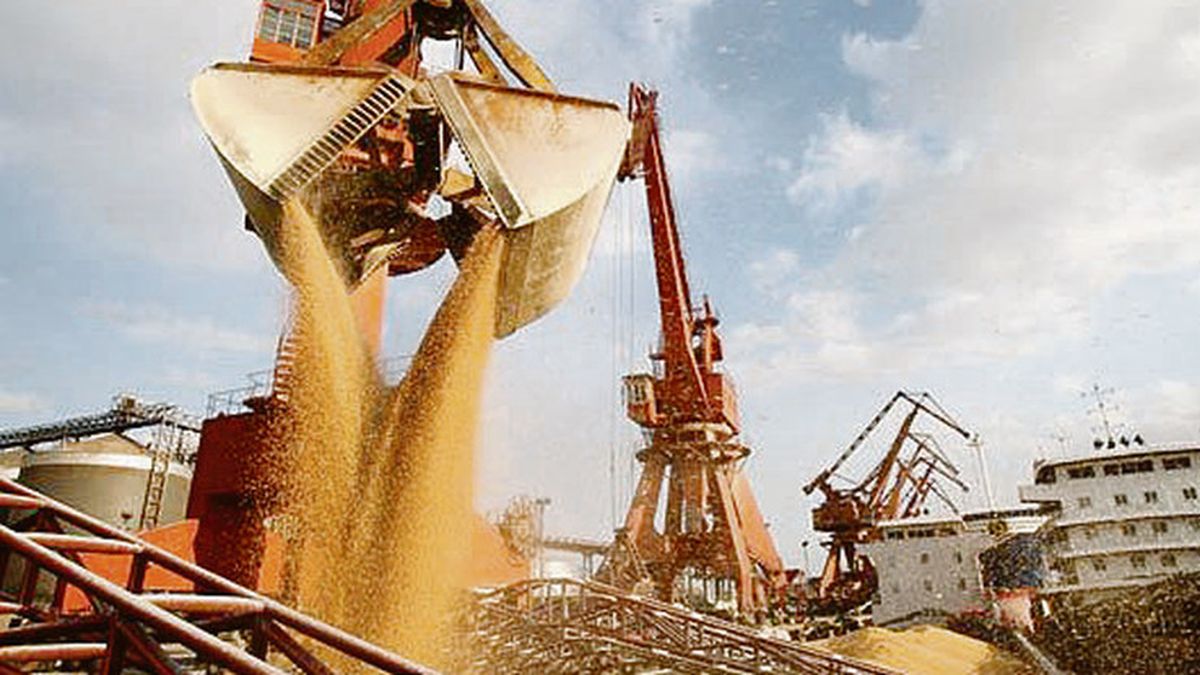The excitement was great. In April 2005, the price of a liter of petrol rose above one euro for the first time, and that of diesel followed in August. There was talk of a fuel price at a “historic high”, drivers and their clubs pushed for a “compensation” for work-related car journeys.
Now, 17 years later, this news costs many no more than a mild smile. Because in the summer of this year, two euros for a liter of fuel at Upper Austria’s gas stations were no longer the exception, but the rule. In the past few weeks, prices have fallen again moderately, but the financial breather for motorists does not last long. It ends no later than October 1st. Then the CO2 tax will come into force, a key part of the eco-social tax reform.
“Two Price Boosts Coming”
From then on, CO2 emissions will cost 30 euros per tonne. For consumers, the new tax will have an impact on heating and fuel costs. “The fuel will be a good eight cents more expensive per liter. A tank filling in a vehicle with a 50-liter tank will cost around four euros more from next Saturday,” says Peter Rezar, President of the Austrian Car, Motor and Cyclist Association (ARBO).
Bernd Zierhut, chairman of the energy trading group at the Chamber of Commerce and managing director of the Doppler Group from Wels, even assumes “two price increases”. One caused by the release of 60,000 tons of diesel from the Mandatory Emergency Reserve (PNR) and could take effect as early as this week. “The price per ton is much higher than the current market price,” he says. The second boost will come on October 1st with the introduction of the CO2 tax. “All in all, the price for a liter of fuel could shoot up by around 15 cents. One thing is certain: fuel prices will become even more uncomfortable for drivers,” says Zierhut.
He assumes that there could be a product shortage. “This can range from standstills of individual tank systems to a large-scale supply bottleneck,” he says.
According to ARBÖ President Rezar, a rush to the gas stations can be expected by next Sunday.
Ludwig Malina-Altzinger, Managing Director of the AS Group, which owns three Ecodrom gas stations and one Eni gas station, is currently not assuming this. “Fill up the car, yes, buy hamsters, no. We can’t do much else either, apart from filling up our tanks. But planning ahead is much more difficult. We used to order on Monday and received the goods on Tuesday. If we order on Monday today, we have to be happy when she comes on Thursday or Friday,” he says.
Malina-Altzinger finds it completely incomprehensible that the government is insisting on the CO2 tax despite record inflation, especially since the decision comes from a time when the fuel price was 1.10 euros. “Now we’re at 1.80 or 1.90. The steering effect, i.e. the traffic reduction that the government wants to achieve, has long since occurred due to the higher fuel prices. People are already saving as much as possible,” he says . Even Zierhut could only “appeal for a postponement”. The CO2 tax is a “fundamentally correct measure”, but it comes at “a complete inopportune time”. (against mahu)
asked
“The higher prices bother me. I have to commute to work by car because there is no bus connection.”
Adelheid Kaiser (53), from Altenberg
“I think the CO2 tax is okay. The fatter the car and the more pointless the journey, the more expensive it should be.”
Werner Höretzeder (50), from Walding
“I try to use the car as little as possible because of the prices. I don’t think the price increase is appropriate.”
Sieglinde Schuller (57), from Neulengbach
Source: Nachrichten




